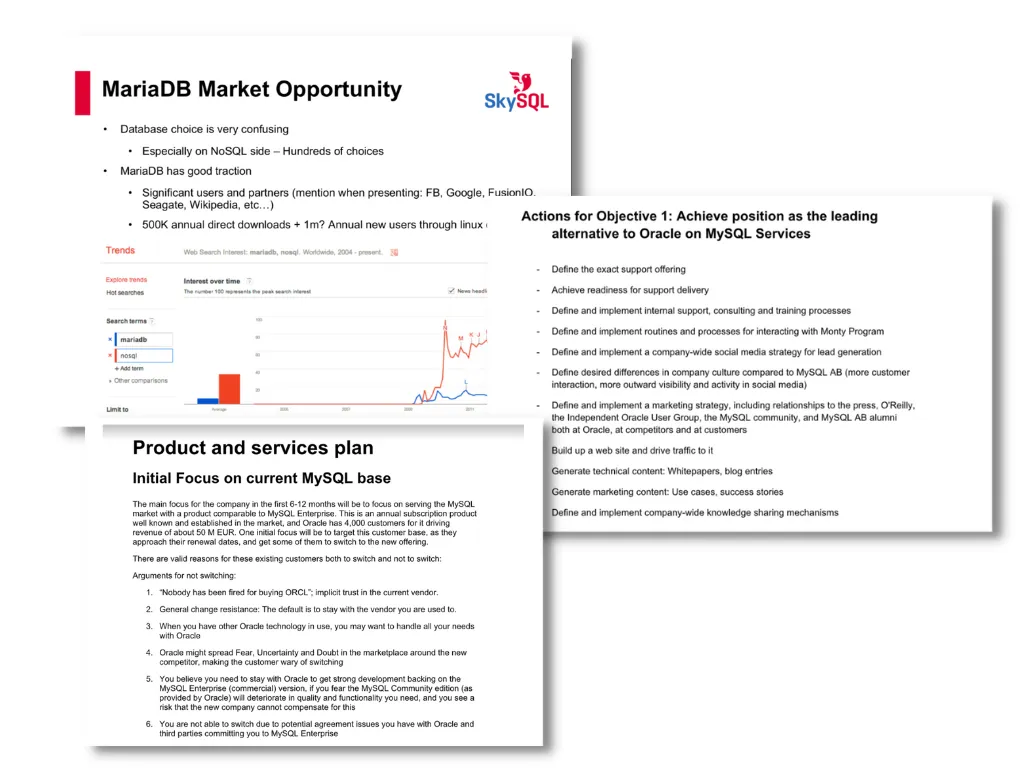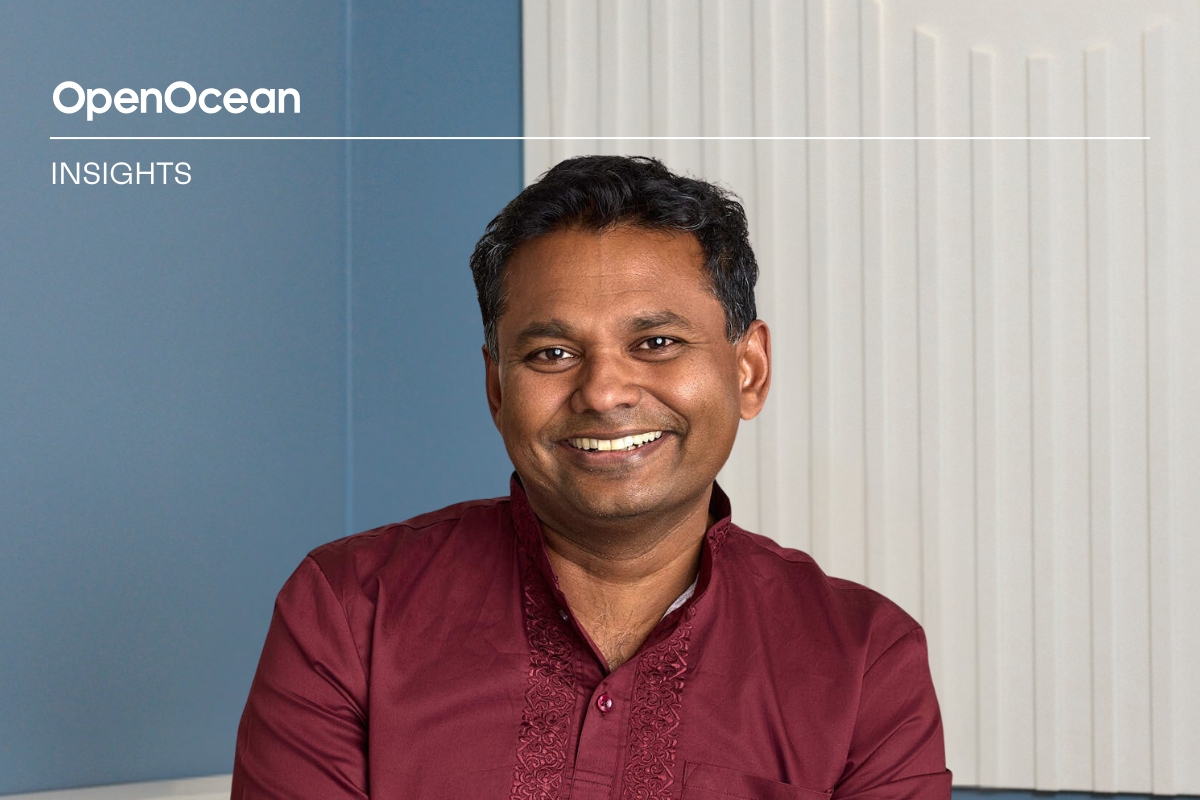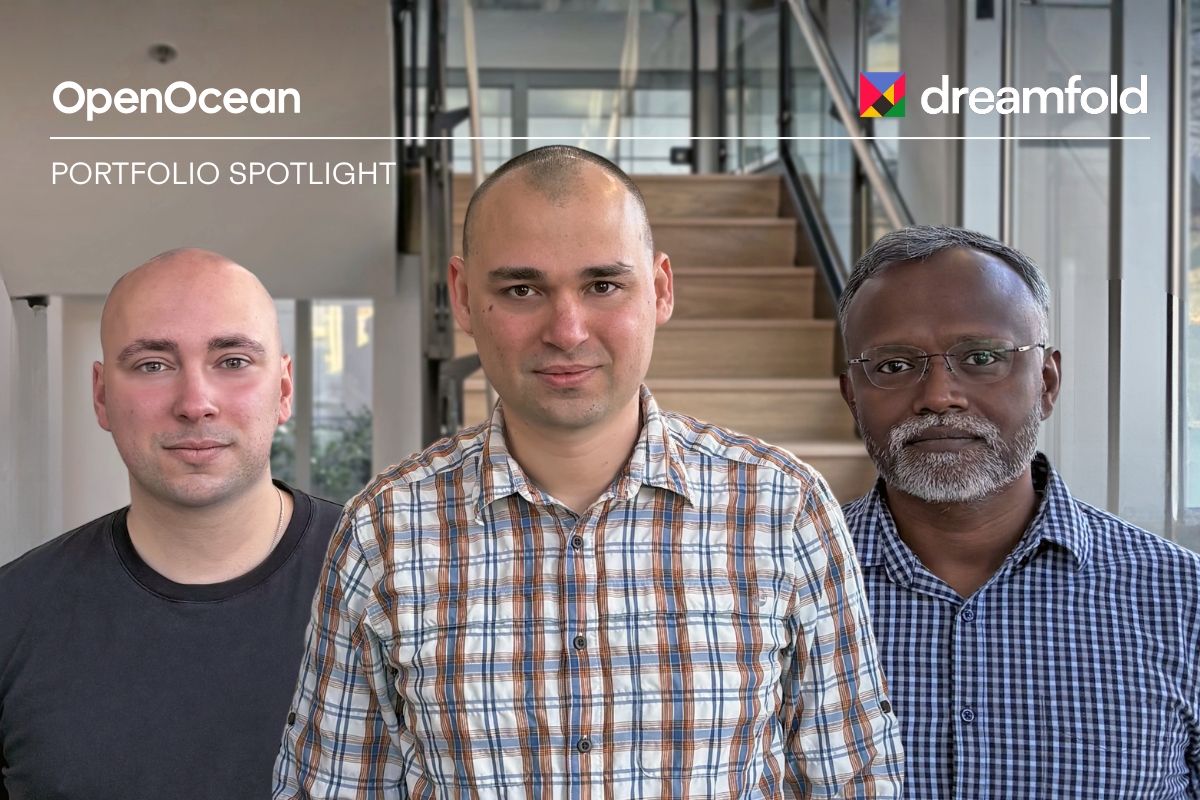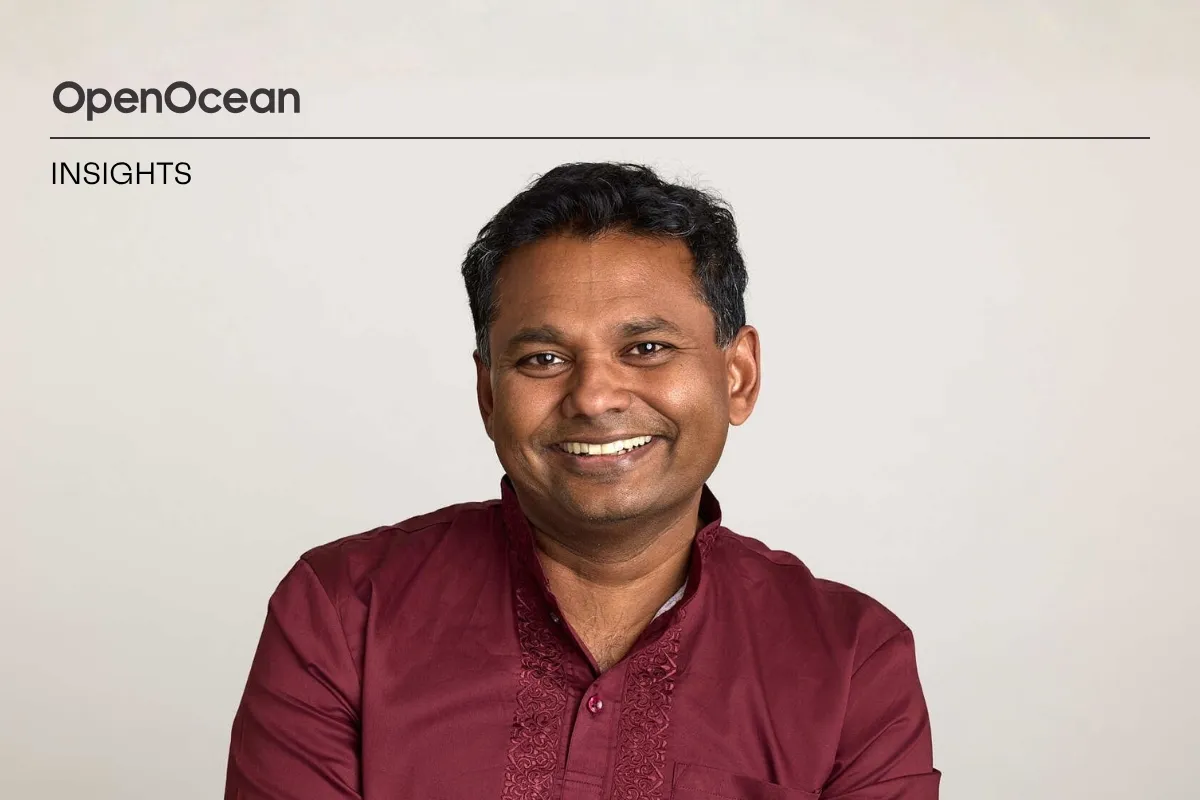
MariaDB, a Finnish open-source database company, made history earlier this year when it announced that it will join forces with Angel Holdings. Through the merger, MariaDB will become the first Finnish technology company to be listed in the United States through a SPAC arrangement.
This isn’t the first time MariaDB has been a trailblazer. The database company has built a strong team of over 300 people, attracted over 600 customers, and developed a service in the open-source community that over 20 million developers love to use—a rare winning combination.
We sat down with three key people who’ve been there from the beginning—Monty Widenius (sitting in the center on the upper image), Ralf Wahlsten (left), and Patrik Backman (right) —to understand how MariaDB was able to break records and what you can learn from the company.
.webp)
2009 – WHAT HAPPENED BEFORE MARIADB
Monty: The story started with me founding and the other two here joining MySQL, together with four other people who would later become the co-founders of MariaDB Corporation – Kaj Arnö (now CEO of MariaDB Foundation), Max Mether (now VP PM of MariaDB Server at MariaDB Corporation), Ulf Sandberg and Mick Carney (now VP EMEA at MariaDB Corporation). MySQL was the first version of what a community-first open-source database could be. MySQL later became the first European unicorn and was bought by Sun Microsystems in January 2008. My team and I left the company sometime in 2009 to work on an early version of MariaDB.
Patrik: MySQL later became part of Oracle’s big tech stack, when they acquired Sun Microsystems. That was a big shock to many in the marketplace. Oracle is known for quite ruthless commercial practices, creating strong lock-ins to their customer base and hiking continuously prices. Consequently, many MySQL customers became very worried about what the future would bring them. Also the Open Source community got very concerned that Oracle likely would have clear commercial incentives to make MySQL less free, less open, and less further developed, to drive MySQL users to their much higher priced other database services.
Ralf: MariaDB was planned to be different from MySQL, – as we wanted it to go to the cloud and be what the cloud needed, extending the databases with the cloud’s massive capabilities and scalability. Oracle invested in cloud capabilities in its Oracle database, but much less so in MySQL. We wanted to exploit the logical problem Oracle had, that it did not want MySQL to cannibalize the highly profitable Oracle DB business. MariaDB suffers from no such constraints. We have put efforts into compatibility with Oracle Database, unshackled by any cannibalisation fears.

2010 – MARIADB WAS FOUNDED AS A COMPANY
Monty: To win over the open-source community (from MySQL), we established the MariaDB Foundation, which has rights to the MariaDB Server trademark. My motivation in continuing working with open-source databases was rooted in the fact that I wanted to make sure the code continues to work (and be developed) for the users and our customers could still trust MariaDB Server in the future. I also wanted to ensure that my developer team could continue to work with the product.
Ralf: Oracle had a very different take on MySQL, which served us well after an initial period of struggle. Many paying customers bought 3-5 year MySQL contracts from Oracle (to protect against future) price increases, making it very difficult for MariaDB to win deals against MySQL existing customers.
Patrik: After those early hard years, customer acquisition became easier. Clients wanted to continue working with Monty and the team who had built the database from scratch. The same applied to talent: developers from our competitors contacted us and wanted to join to work with the best database experts in the industry.
Monty: For us, clients are the most important thing. We are ready to help with anything, even if it’s a bit outside our scope. This was especially true in the early days when we were able to sign Deutsche Telecom as one of our first clients through our talented team and their willingness to go as far as needed.
Ralf: Our competitive edge? It’s definitely the team´s talent, under Monty's leadership. And the support from a really strong community.

2010–2015 HONING THE PRODUCT
Patrik: While we’ve grown into one of the most significant open-source database companies globally, the journey has had its challenges. One of our struggles, in the beginning, was to find financing, which required a lot of work on our business and product strategies.
Monty: I worked on the server product strategy side, where our main focus is to release early and release often. From 2010 onwards, we released something new every year, from community features to security enhancements. Building a database product is a marathon. The industry is slow to move, and you want to make sure your product strategy meets the needs of customers in the long run.
Patrik: In 2013 we wanted to strengthen our commercial MariaDB product vision. Me and Rasmus Johansson (VP Engineering) travelled to London and spent a few days at David Axmark’s residence. David is a MySQL co-founder who was a product adviser and angel investor in the company. After some long days of brainstorming around the whiteboard, we came out with the MaxScale Product Vision and development Roadmap. The plan helped to secure Intel Capital as a new key investor in the company, and MaxScale is still today an important part of the company’s Enterprise product portfolio.

2015 – 2022 MASSIVE GROWTH
Patrik: In 2015, we had our product in place for real. That’s when we started to focus on scaling. We had a few big wins in 2015, including MariaDB ranking as one of Finland's hottest startup and Amazon starting to use our C/ODBC and Java connectors.
Ralf: With great scaling comes great recruitment. Business-wise, those years were filled with finding the right people to man the ship. Our focus has always been recruiting the best people globally, no matter their background or nationality. This has been a key to MariaDB’s success—who wouldn’t want to work with the best out there?
Monty: During this intensive growth, we never forgot our basic principles—moving quickly, but always putting our clients and the open-source community before others. We believe this is one of the things that helped us, since it further strengthened the trust between us, our clients and our community
2020–2022 PREPARING FOR AN EXIT
Ralf: We started to plan for a possible exit or an IPO in the latter half of 2020. We were presented with many opportunities but found that using a SPAC made a potential listing much faster and, to be honest, for us a lot easier.
Monty: Throughout the years, my focus was to keep my team intact. I’ve been working with the same people for over 20 years, and they’ve become much more to me than just my colleagues. Our culture is transparent, we say what we mean and we say it out loud. This is something that I want to see in the future as well.
Patrik: I can easily see how MariaDB can reach a 10 billion valuation in the future. We have the talent, the community-driven perspective, great culture, and a clear commercial vision for the future.
MONTY’S TIPS FOR BUILDING A (TECHNICAL) CULTURE-FIRST COMPANY
- Keep your recruitment criteria high. Monty has been working with his team of developers for the last 20 years. Many of them followed him and the others from MySQL to MariaDB and continue working together happily.
- Give clear roles and responsibilities. MariaDB started as a company with most of the personnel working from home. Covid has taught most of the companies how to do it, but MariaDB (and earlier MySQL) was a forerunner here and we have learned to give tasks and have follow up processes to manage the organisation. At the beginning of building their venture, Patrik, Ralf and Monty found it relatively easy to find the right tasks and ownership for everyone. Patrik took the operative lead on the business plan and fundraising, while Ralf was in charge of leading the company board as the Chairman. Monty, as a product person, took the helm of product development.
- Remember that culture can make it or break it. A founder´s role is very much to build the culture of the company. One key piece in the culture is to stick by your team in sickness and in health. For Monty, leading people has meant much more than just building a team of developers.
- Keep it clear. One of the critical things to remember when building a team is to communicate often and transparently. Monty also advises keeping arguments focused on things, not people.


